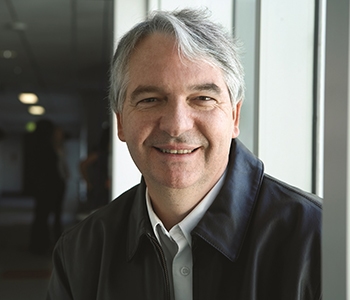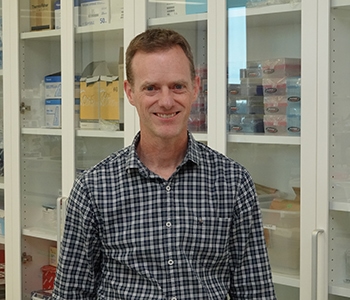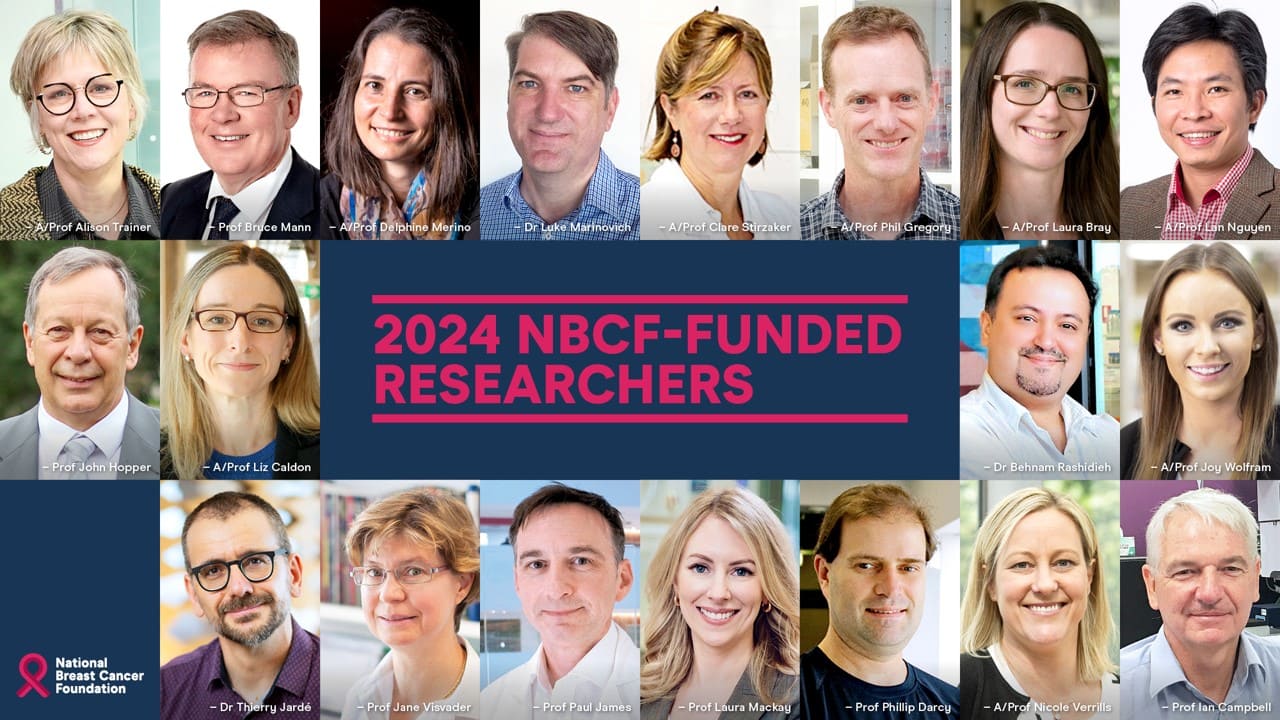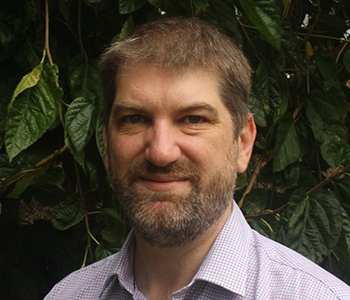 Treat
Treat
The National Breast Cancer Foundation (NBCF) today announces 19 world-class research projects receiving a combined investment of $13.5 million to help progress towards its vision of Zero Deaths from breast cancer.
This year’s research grants include research focused on understanding genetic drivers of breast cancer in young women, how technology can be used to improve breast cancer screening, and how breast cancer cells survive and spread informing better treatment options for some aggressive forms of breast cancer.
“NBCF’s focus on realising Zero Deaths from breast cancer is as important as ever. By supporting the efforts of Australia’s world-class breast cancer research sector, we are poised to be able to accelerate research towards our ambitious vision of ending deaths from breast cancer. These projects could help reduce the 3,200 lives lost each year as a direct result of a breast cancer diagnosis in Australia,”said Associate Professor Cleola Anderiesz, CEO of NBCF.
Each research project aligns with one or more of NBCF’s four Pink Horizon Research Strategy objectives: to better understand how to prevent breast cancer, detect it early; stop the progression and recurrence of breast cancer; and effectively treat hard-to-treat and metastatic breast cancers – research that will ultimately save lives.
The research grants are awarded based on merit to advance the most promising breast cancer research projects throughout Australia. This year, almost one-third of recipients are receiving NBCF funding for the first time and around half of NBCF-funded lead researchers are female.
“Research offers hope – hope for people diagnosed and living with breast cancer now and hope for the future,” explains Associate Professor Anderiesz. “The 19 NBCF-funded research projects announced today will support 45 researchers, investigators and laboratory staff, to help us continue to work towards a future with Zero Deaths from breast cancer.”
NBCF’s ability to support ground-breaking breast cancer research is only made possible through generous donations from the Australian community.
Breast cancer is the second most commonly diagnosed cancer in Australia and remains the most commonly diagnosed cancer among Australian women. This year alone, it is estimated that over 20,000 Australians will be diagnosed with breast cancer, and sadly, nine people will lose their lives to this disease every day.
This year NBCF celebrates its 30th anniversary. NBCF is proud to be the leading not-for-profit funder of breast cancer research in Australia. Since its inception, NBCF has invested $232 million into 642 world-class research projects and in this time, the death rate from breast cancer in Australia has reduced by over 40%.
Here are four of the 19 research projects NBCF is funding:

Dr Luke Marinovich (University of Sydney) – Advancing breast cancer screening with the use of cutting-edge technologies – Rapid developments in technology hold promise for increasing the benefits of breast cancer screening seen in Australia. Dr Luke Marinovich and colleagues will evaluate two new technologies that could transform breast cancer screening, artificial intelligence (AI) and digital breast tomosynthesis (three-dimensional imaging).


More News Articles
View all News Treat
Treat




